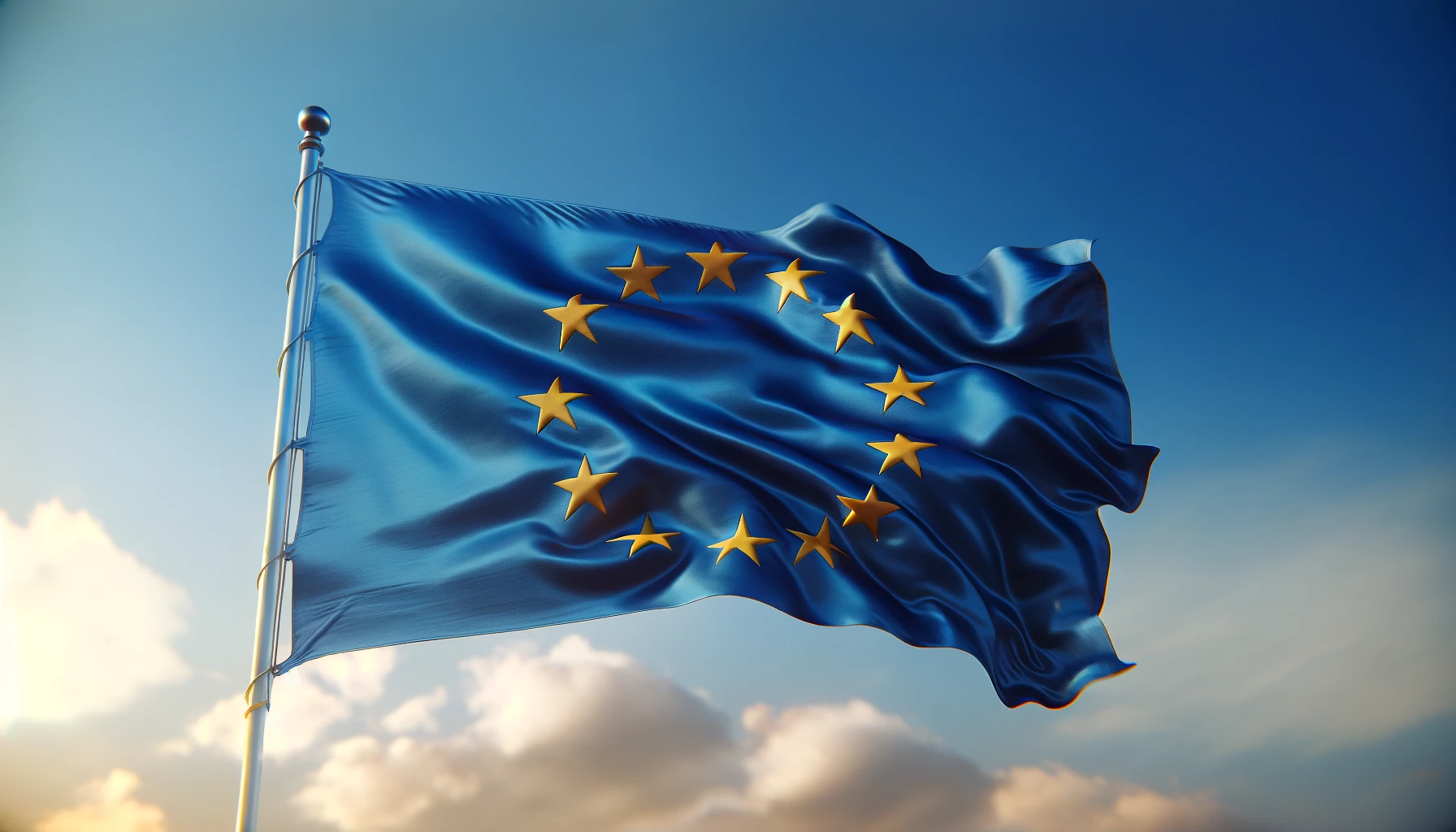In a historic and groundbreaking move, all 27 member states of the European Union (EU) have unanimously endorsed the EU AI Act, a comprehensive legal framework governing the utilization of artificial intelligence (AI). European Commissioner for the Internal Market, Thierry Breton, announced this momentous development, describing it as a “world first” and an achievement that strikes the “perfect balance between innovation and safety.”
Back in December, EU lawmakers and member states reached a political agreement on the key provisions of the AI Act. The European Commission hailed it as the “first-ever comprehensive legal framework on AI worldwide.” However, the complexity of the legislation led to months of technical refinement, with countries like France and Germany expressing concerns, particularly regarding the stringent regulatory rules for powerful AI models. These concerns initiated a new round of discussions on the legislation’s contents.
Now, with unanimous endorsement from all member states, the European Parliament is gearing up to vote on the finalized text in March or April. Once approved by the European Parliament, the AI Act will become law. It’s worth noting that the AI Act will enter into force just 20 days after being published in the official journal.
Gradual implementation of regulations
While the legislation won’t take immediate effect, certain rules will be implemented within six months, with other aspects gradually enforced over two years. This gradual implementation allows businesses and organizations to adapt to the new regulations.
The EU AI Act has been praised for striking a balance between promoting innovation and ensuring the safety of AI applications. It addresses various aspects of AI use, including ethics, data usage, transparency, and accountability. The legislation aims to foster trust in AI technologies among citizens and businesses by establishing clear rules and standards.
Stringent regulatory rules for powerful AI models
One of the main points of contention during the legislative process was the strict regulations governing powerful AI models. Countries like France and Germany were concerned about potential limitations in developing and using advanced AI technologies. However, the unanimous endorsement suggests that these concerns have been addressed to the satisfaction of all member states.
The EU’s efforts to establish a comprehensive legal framework for AI have global implications. As the first of its kind, the EU AI Act sets a precedent that may influence AI regulations worldwide. Companies developing AI technologies will need to adhere to these regulations if they wish to operate within the EU, potentially driving industry-wide standards for AI ethics and safety.
Transparency and accountability are at the heart of the EU AI Act. AI systems must provide clear information about their purpose and use, ensuring that users can make informed decisions. Moreover, developers and providers of AI systems are held accountable for their products, with provisions for penalties in cases of non-compliance.
Impact on businesses and innovation
The AI Act will undoubtedly impact businesses and innovation within the EU. While it introduces regulatory challenges, it also creates opportunities for companies to develop AI technologies that adhere to the new standards. Adapting to these regulations will be a priority for businesses operating in the EU, and those navigating them successfully will likely thrive in the evolving AI landscape.
The unanimous endorsement of the EU AI Act by all 27 member states is a significant milestone in the regulation of artificial intelligence. It reflects a commitment to fostering innovation while safeguarding the interests and rights of EU citizens. As the European Parliament prepares to vote on the final text in the coming months, the global tech industry watches closely, recognizing the far-reaching implications of this groundbreaking legislation. The EU’s proactive approach to AI regulation may set the tone for worldwide AI governance.





